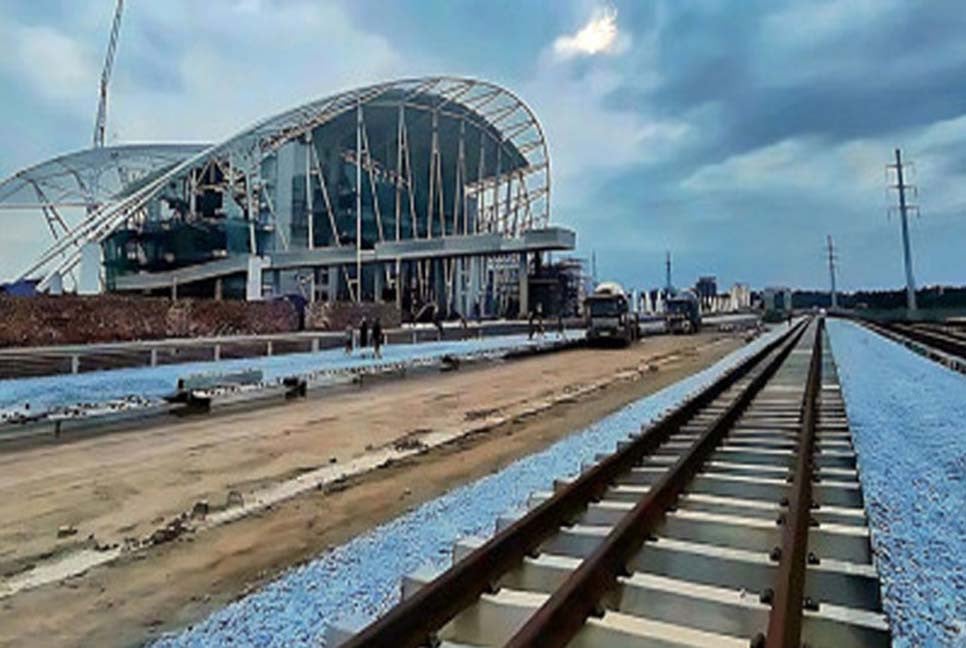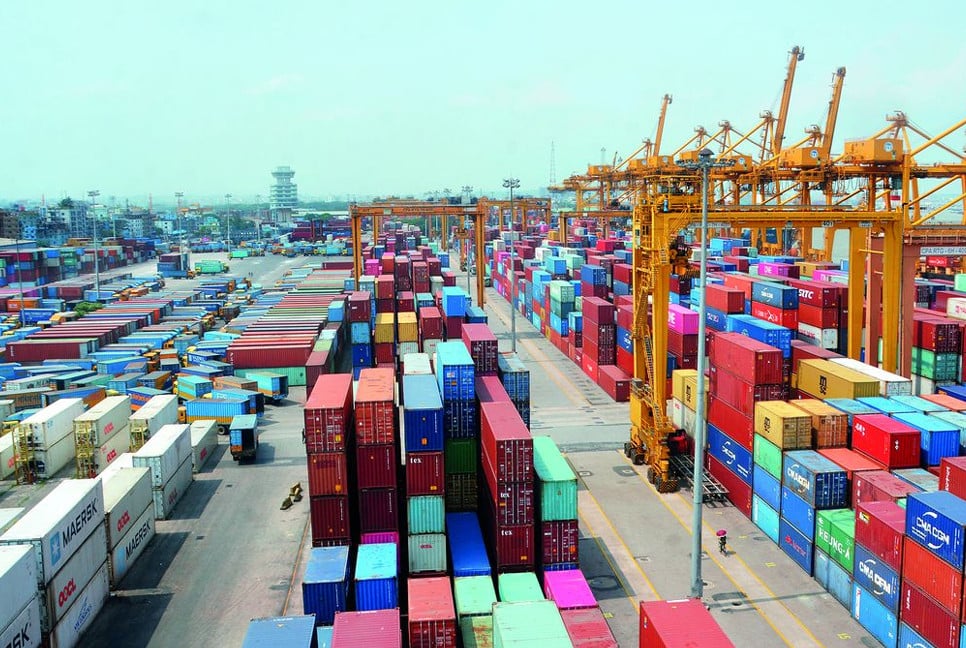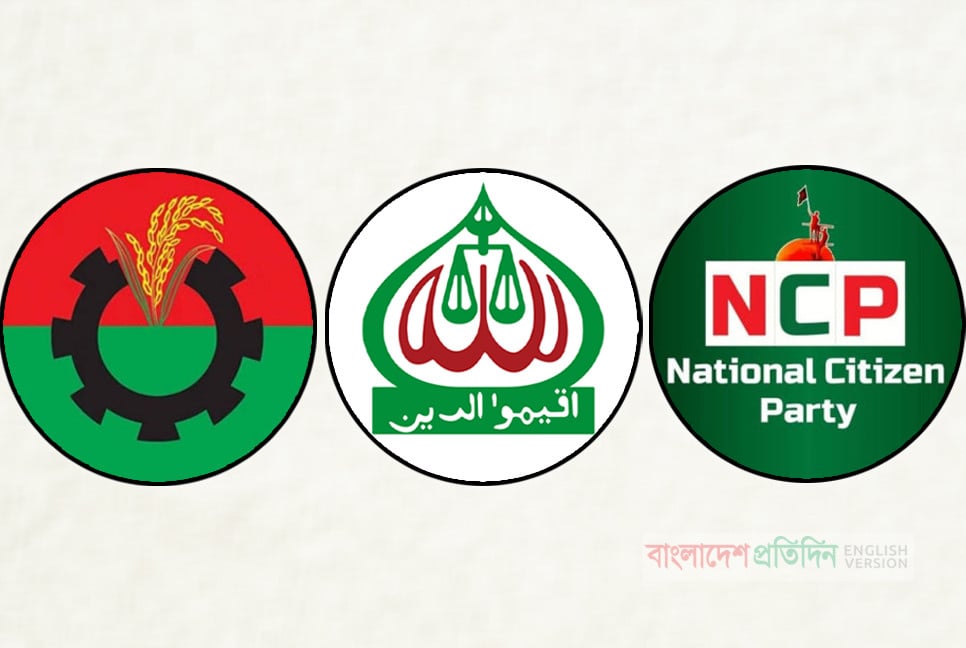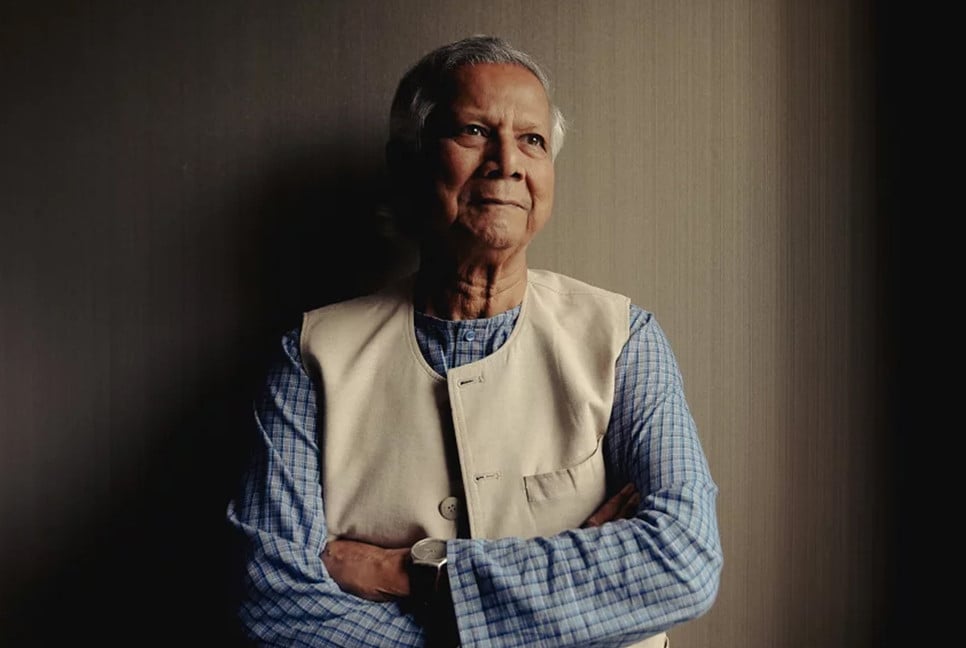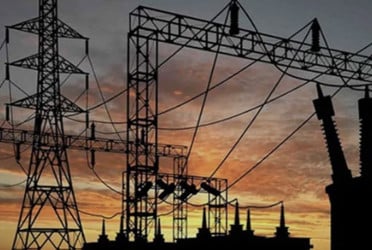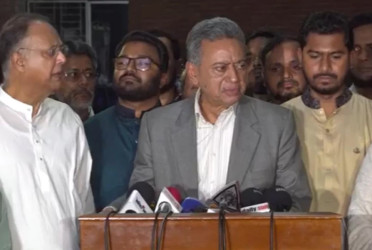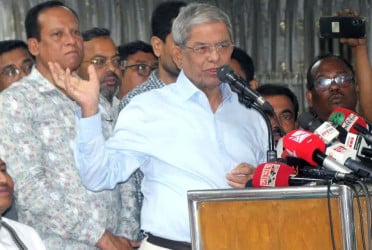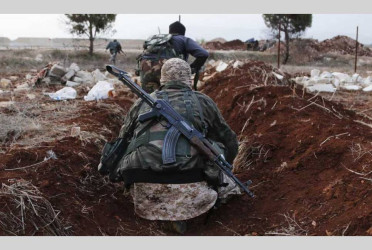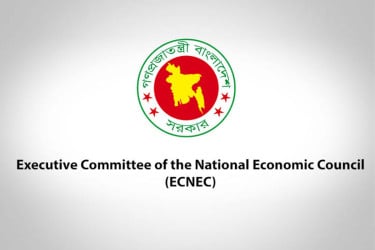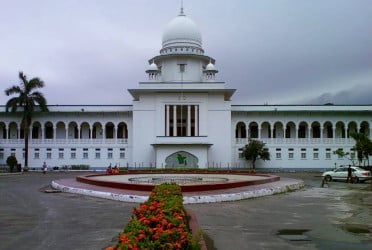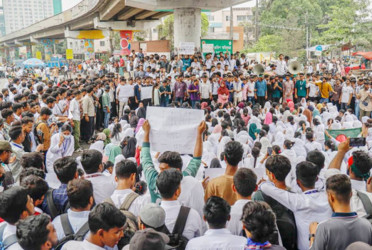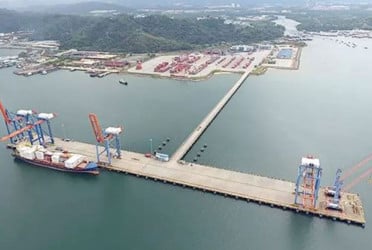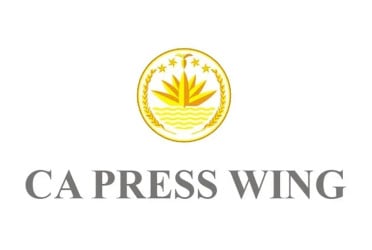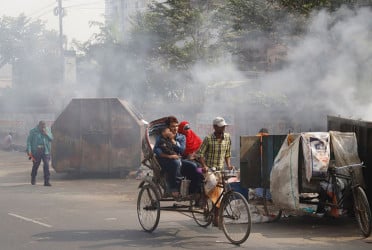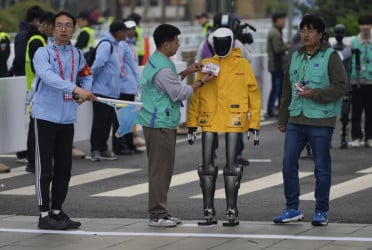The Dohazari-Cox’s Bazar railway line, touted as a priority mega project by the previous government, is facing a series of serious flaws and setbacks just a year after its launch. Despite its high-profile inauguration, the project has been plagued by a series of significant issues, raising concerns about its planning, execution, and long-term viability.
Among the growing list of problems are safety hazards, environmental negligence, and infrastructure failures. Notably, an elephant was tragically killed after being struck by a train in a wildlife sanctuary area, highlighting critical design flaws. Additionally, during the first monsoon season, parts of the railway line were severely damaged due to poor construction, including bending tracks and collapsed embankments.
The railway line, which spans 101 kilometers, was largely completed by late 2023, though it officially began operating in December 2023 — months before the full project deadline. The rushed timeline, driven by political pressures, has led to several unresolved issues.
Approximately 22 kilometers of the railway pass through a wildlife sanctuary, and while the Forest Department initially raised objections, the project proceeded with promises of environmental safeguards. The railway was supposed to include two overpasses and underpasses for safe elephant movement, but these measures were either poorly implemented or never completed. As a result, the underpass meant for elephants is too narrow for a herd to pass through, leading to the tragic death of an elephant in October 2024 when it was struck by a train.
The Cox’s Bazar railway station, the country’s first iconic station designed in the shape of an oyster, has faced operational disruptions. Despite a hefty investment of Tk 215 crore, the station's roof leaks, causing water to fall onto passengers waiting on the platform. Furthermore, drainage issues have led to flooding, disrupting station operations. Passengers have also reported getting drenched as the platform sheds are higher than the usual design, causing rainwater to flood the platform area.
At multiple points along the route, including areas like Dohazari, Satkania, and Chunti, construction of essential culverts was either delayed or ignored, leading to landslides during the monsoon season. Local demands for culvert construction were finally addressed post-flooding, but the damage to the track was already done.
In the hilly areas, the retaining walls built to prevent landslides were either too weak or improperly constructed, resulting in soil erosion that compromised the railway's stability. Furthermore, poorly designed "pocket gates" in these walls could allow wild animals, including elephants, to access the tracks, posing further risks to both wildlife and rail traffic.
Last Tuesday and Wednesday, the Directorate of Railway Inspection (GIBR) conducted an on-the-ground inspection of the entire railway line, examining the tracks, level crossings, signaling systems, electrical setups, and the stations. Farid Ahmed, the lead inspector, stated that the team would consult experts and submit a comprehensive report to the Ministry of Railways within 15-20 days. Based on the findings, appropriate corrective measures would be taken.
Project Director Engineer Sabuktagin defended the project, stating that the construction was carried out in consultation with a foreign consulting firm. He claimed that efforts were made to mitigate environmental impact, such as planting vines and trees along the hillsides and constructing high walls to prevent elephants from straying onto the tracks. However, the failure to deliver on earlier promises, particularly regarding the elephant underpasses, has led to serious safety concerns.
The railway project, approved in 2010 by ECNEC, originally had an estimated cost of Tk 18,034 crore, later reduced to Tk 12,713 crore after the exclusion of the Ramu-Ghumdhum section. Work began in 2018, and the railway was inaugurated in November 2023. Despite these ambitious plans and high investments, the series of technical and environmental failures have raised questions about the project’s quality, planning, and execution.
Currently, two passenger trains operate directly from Dhaka to Cox's Bazar via Chattagram. While a special train service between Chattagram and Cox’s Bazar was initially launched, it has since been suspended due to operational challenges.
As the investigation continues, there are mounting calls for accountability regarding the project's oversight and execution, particularly in light of the significant public funds invested.
Bd-pratidin English/ Jisan

